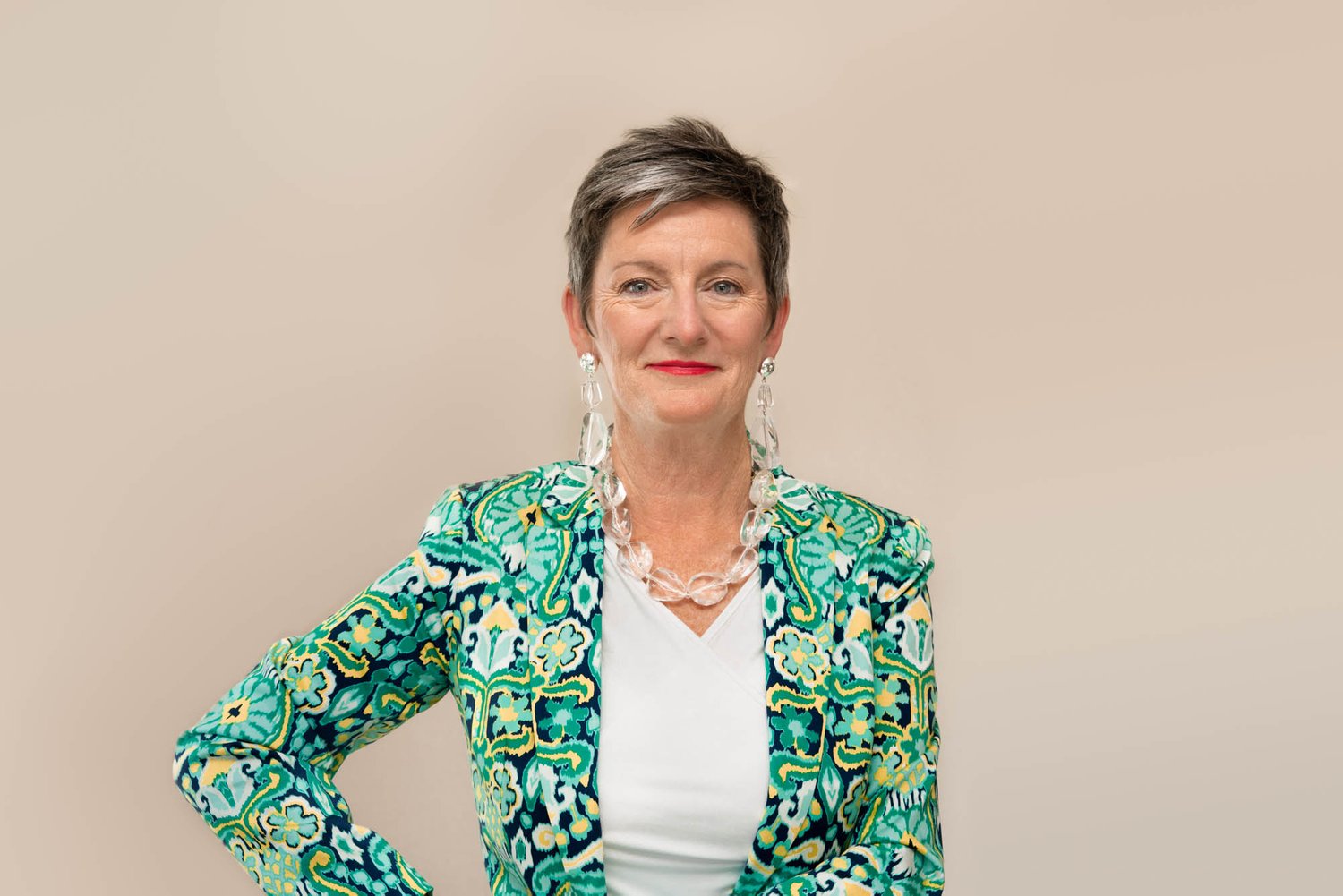An annoying habit of too many parents is the act of answering questions directed at their children. In particular, the parents who's children are old enough and capable to respond.
Likewise, leaders fall into this habit when they ask their team a question in a meeting and SILENCE falls heavy and the leader assumes the role of answering.
In both these cases we are either experiencing someone who is too accommodating or prefers the sound of their own voice.
Whilst many leaders are following and leading the movements of collaboration, inclusiveness and mindfulness, many are not!
We still have leaders (of adults and children) failing to provide breathing, thinking and silence spaces enabling people to build their responses and answers.
When coaching, the skill of silence can be very challenging to practise. Knowing the answer is IMMINENT, takes experience to just listen, creating the space for a thoughtful response.
It's something we all experience however it takes the experienced to make it a common practice.
Silence should be your friend not your enemy.
Use silence to:
CUT TO THE CHASE - when seeking an answer, ask the question and zip your lips. Let the other person think and be accountable for their role in the conversation
STOP THE BUSYNESS - sit for five minutes and do nothing, listen to nothing and think of nothing - it clears your head and allows you to then start to focus on what is most important
FIND A SOLUTION - often it's the quiet people who have the ideas however the noisy folk take up too much space to enable the solution to be heard
REFLECT- often the answer is held in our past. Taking time to reflect on past experiences guides us what to do or not do
ENGAGE - whilst this may sound strange, your role as a leader is to listen more than talk. Others will respect you for listening to them.
There are many powerful benefits of befriending silence. It's a tool for all leaders to hear more clearly and provide space for people to find their answer.
There is one other benefit I have learnt from practising silence - being in tune with my body. I aim to attend the occasional yoga class and it's taken many years to see the value of lying in an awkward position in silence. I am so in tune with my body ... we are now at peace with each other - I suppose you could say we are friends!

